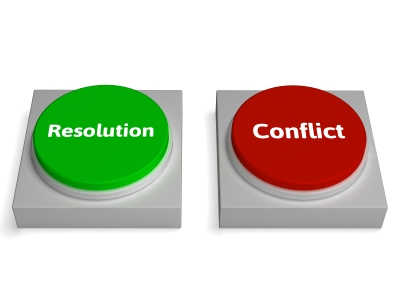
Whether you are going having a dispute with a business partner or client, or any other sort of matter that looks like it would have to be settled through legal means, you probably dread the idea of having to go to court to achieve a resolution. But, the good news is, there are alternatives. Mediation is one such option that involves a neutral third party facilitating communication between both parties to reach a mutually agreeable solution to the problem at hand. The mediator does not make any judgments, nor does he offer any guidance. Both parties must agree to the mediation, and there is the option to move to the issue to the court if an agreement can’t be reached.
If you are considering this option, you are tasked with finding the appropriate mediator for your situation, and here are some important points to keep in mind during the selection process.
Expert Mediator or Subject Matter Expert?
One of the first things you need to consider is what carries more weight—a person who is well-versed in the subject matter of your case, or a person with extensive experience mediating. There is no one best answer, and it ultimately depends on your individual situation, and the mediators available to you.
While strong knowledge of the matter at hand is important, strong mediation skills and ample experience often trumps that. A good mediator will do a bit of background on the dispute and be able to enter the mediation with a solid understanding of issue. But, if the matter is highly complex, then subject matter expertise becomes a more important factor.
Mediators often come from different backgrounds, and a good way to get the best of both worlds may be working with attorneys that provide mediation services in their areas of practice.

Mediation Styles
There are a few different approaches mediators take to facilitate communication and lead the parties to a mutually acceptable resolution. You have to consider what approach you prefer, and think will work best to solve the problem.
The evaluative approach basically involves the mediator pointing out the weaknesses in each stance, moving each of you towards a middle ground where a solution can be hammered out and pointing out how a judge or jury may find should the case go to court.
He may make recommendations on how to resolve the dispute. In this style of mediation, the mediator is largely evaluating the case from a legal standpoint, and is centered on the rights of each party, not needs and interests. Depending on the nature of the dispute, this may not be the best form for parties that have a prior relationship, or will continue to have a relationship in the future.
Facilitative mediation involves the mediator asking questions to get at the underlying interests of each party’s position. There may be more discussion of needs, and not as much focus on the pure legal aspects of the case. The mediator does not make any recommendations, nor does he offer opinions or make any predictions on how the case may play out in court.
Transformative mediation is kind of new to the scene, and works on transforming the relationship between the two parties. There is a lot of discussion about needs and interests, and acknowledgement of each by both sides. The idea is to empower each side to work on a peaceful resolution, and hear each other’s side.
Personal Traits
Taking into account the personality, gender, ethnicity, etc… of you and the opposing party and any counsel you may have retained, what sort of person do you think will mesh will with the group as a whole? A poor match will have a hard time leading the mediation effectively. Would it be better to have a man or a woman? Do you think someone of the same cultural or ethnic background would help or hinder the process?







